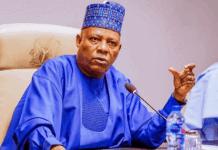*Targets over one million free kits
CHIGOZIE AMADI
The Presidential Compressed Natural Gas Initiative (PCNGI), a scheme which seeks to expand the use of gas for fuelling vehicles in Nigeria, has signed separate deals with 75 conversion firms nationwide as part of government’s policy of reducing addiction to petrol and diesel.
With the agreements now covering eight states and expansion set for nine additional states in eight weeks, the Chief Executive Officer of the organisation, Mr Michael Oluwagbemi, told journalists in Abuja at the weekend, that in the last 45 days, the office has been able to distribute over 6,000 to 7,000 conversion kits.
“We have signed up over 75 conversion partners across eight states: Lagos, Ogun, Oyo, Delta, Kogi, Nasarawa, FCT, and Kaduna. Later this month, we’ll add nine more states, including Kwara, Ekiti, Akwa Ibom, Abia, Rivers , Enugu, Kano, Niger and others,” Oluwagbemi stated.
He stressed that the PCNGI was expecting additional 12,000 kits in the next 30 days, which will enable it get more conversions done by the end of this year, with additional 100,000 to 250,000 kits before the end of Q1 next year.
Oluwagbemi pointed out that this will enable government hit the goal of 150,000 directly conversions in the next one year, explaining that there were only seven conversion centres in Nigeria when the scheme started.
“But I’m pleased to announce to you that today there are over 130 conversion centres in the country as a result of our work. And before the end of the year, we have an additional 120 to get to about 250 before the end of this year,” he stressed.
In terms of refuelling, he noted that when the programme started, Nigeria had only 13 centres, with most of them concentrated in Benin, where there was previously a pilot done by the Nigerian National Petroleum Company Limited (NNPC) in 2017.
According to him, today, there are about 55 fuelling stations and an additional 15 before the end of the month, with the planned deployment of about 500 CNG buses this year and release of 80 so far.
He stressed that the programme cannot be activated overnight in every state because of the limitation in terms of dispensers, which will take time to get to some sub-nationals.
Oluwagbemi stated that the balance of some equipment was being assembled by local manufacturers because the shipping routes from China and from India as well as other countries were clogged as a result of the Yemen crisis in the Middle East, thereby slowing down importation.
“In some of the states in Nigeria, there is CNG capacity, but they don’t have dispensers. So we are working with the governors, we are working with the local industries to ensure these dispensers are made available to them, either through our programme or through the investment of private sector investors.
“These dispensers are not manufactured in Nigeria at the moment. We are also enabling local manufacturers and capacity to ensure that we get it across to them. But we want to ensure the President’s promise to the Nigerian people that we move them to a cleaner, safer, more reliable gas future.
“Our nation has been subsidising petrol for between $8 billion to $10 billion consistently in the last 15 years, and every single dollar of that $8 billion to $10 billion has been borrowed, while we as a country in the same period, just in the last five years, we’ve burnt and flared $12.5 billion worth of gas,” he added.
With the estimated 1 million conversions, the PCNGI chief executive stated that there will be 100,000 direct jobs that will be created while 25,000 technicians will be enabled across 1,000 conversion centres as well as over 2,300 refuelling stations.
On how Nigerians will be able to know commercial vehicles powered by CNG so as to benefit from the lower fares, Oluwagbemi pointed out that it is usually indicated on the buses, but further stressed that some of them still run partially on petrol.
“In India, for example, there is a policy of not registering petrol or diesel vehicles for industry or commercial use. And I think that’s a policy that every state in Nigeria, as soon as they have CNG capacity, should look into. Mass transit vehicles are responsible for over 80 per cent of our PMS consumption,” he explained.
He also used the opportunity to simultaneously launch the distribution of over 1,250 CNG kits in some states to provide an opportunity for commercial drivers to participate in the conversion incentive programme.

























